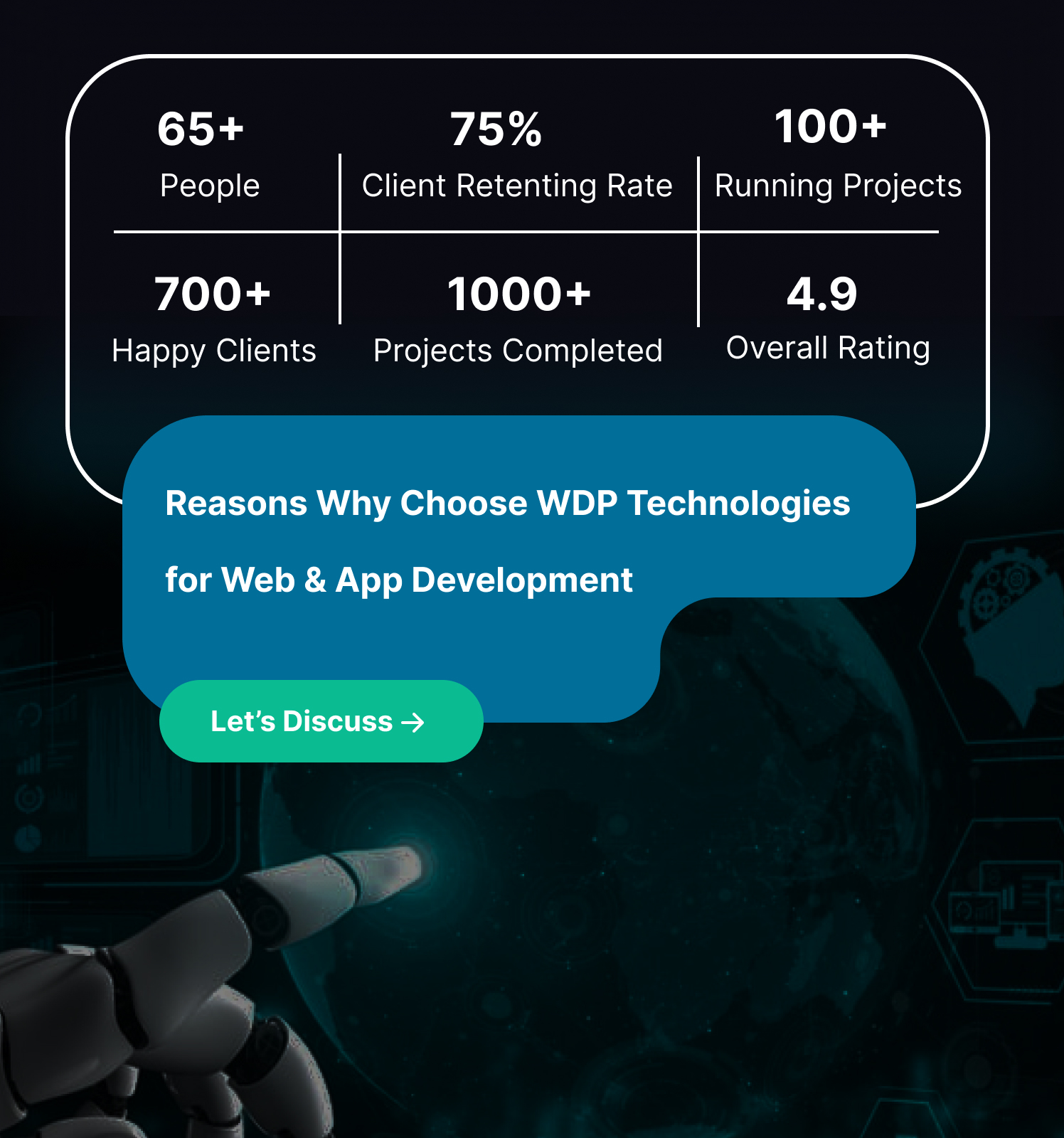After building a website everyone is curious about knowing what are the benefits of updating your website regularly. Most websites are made on a content management system or CMS, that helps to keep the backend of your website strong and allows anyone to make changes in the content as soon as required and even without any prior knowledge. Like the content of a website required to be upgraded regularly, similarly upgrading your CMS is also important. Using the current and most known CMS is a much easier way than sticking to an unsupported or an outdated version of CMS which can be risky.
Benefits of Updating a Website Regularly
Website development is an important task for each business but maintaining the content on a website is also equally important. It should always be fresh and upgraded. Website content must be generated according to modern standards and protocols. A regular update of website content offers the following benefits:
1. Website Security
Almost all CMS platforms are open source software which means anyone can use it, modify it, and suggest any changes to it. Developers from the whole world can ask for and suggest changes to the software which come across security faults. Let us see how:
▪️ When any fault in security is found, the developer informs the CMS team.
▪️ The security team fixes all the issues with the security patch and launch an updated version
▪️ Website owners then receive and pop up to upgrade their version like “WordPress 5.3.2 is available! Please update now!”
▪️ Once the website owner updates the website all the issues on the website are patched.
If you choose not to update the version, the threats remain on your website. This is unacceptable when an update is released, The updated content and reason for the update are available publicly. Now everyone is aware of this issue in older versions. Hackers will crawl and find those websites which are still using that older version. Once they find a website built on an older version it becomes easier for them to hack it.
For themes and plugins, the same process is applied. Most themes and plugin developers regularly work on improving the software. They release regular updates to solve security issues, fix bugs, and introduce new features.
By not choosing to work on updates you will make it easier for hackers to hack your website. For keeping your website safe from hackers a proper and regular update of content and plugins is required. Apart from security, there are many other issues as well if you do not update your website.
2. Enhanced User Experience
Regularly updating a website allows you to continuously enhance the user experience by introducing new features, refining existing ones, optimizing navigation, and improving overall usability. By staying up to date with the latest design trends and user behavior patterns, you can identify areas for improvement and implement changes that make it easier for visitors to navigate, find information, and engage with your content. This focus on enhancing the user experience creates a more enjoyable and intuitive interaction with your website, ultimately leading to increased satisfaction, longer visit durations, and higher chances of conversions or desired actions.
3. Brand Consistency
Updating a website regularly is essential for upholding brand consistency, ensuring that key elements like logos, colors, and messaging are aligned throughout all web pages and sections. This consistency in branding cultivates a unified and recognizable visual identity, reinforcing your brand’s familiarity and recall among your audience. By consistently presenting your brand elements in a cohesive manner, you establish credibility and inspire trust in visitors, who perceive your brand as dependable and professional. The harmonious integration of design and content across your website builds a robust brand identity, fostering a sense of loyalty and confidence in your audience, ultimately contributing to the long-term success of your brand.
4. Access To Newest Add-Ons
As it is discussed before also that open source software allows developers from all around the world to make changes and contribute to templates and add-ons to upgrade the CMS. If your website is built using the latest version of your CMS then you can access all the new and great templates and add-ons.
If your website is still running on the older version you will not find certain plugins and themes. This simply means that you can’t use them and if they are already installed that they will reflect an error.
5. Competitive Edge
In today’s rapidly evolving online landscape, regularly updating your website is crucial for maintaining a competitive edge. By continuously refreshing and improving your website, you can leverage new technologies, trends, and customer expectations to stay ahead of your competitors. This enables you to offer a more modern and seamless user experience, adapt to changing industry standards, and provide innovative features that attract and retain customers. By embracing and implementing the latest advancements, you position yourself as a forward-thinking business that understands and meets the evolving needs of your target audience, giving you a distinct advantage in the competitive marketplace.
6. Optimal Performance And Speed
Regularly upgrading your website ensures that the performance of your website is optimal. An outdated version of your website increases website response time, causing the loss of visitors to your website. All this can simply lead to poor customer engagement and high bounce rates. Nowadays websites are expected to load in 1.8 to 2.7 seconds. Any delay will lose your customer’s interest in your website.
7. Search Engine Optimization (SEO)
SEO is a process used to optimize your website for search engines like yahoo, google, bing, etc. Your website should be SEO-friendly so that it is ranked on search engines easily. Higher the search results, higher clicks will be received on your website. If your website is following the outdated version and the loading speed is low then it may cause a lack of incoming traffic, and affect your SEO ranking badly. In addition, hacker will find it easy to crack and damage your website
8. Fresh Content and Engagement
Regularly updating a website with fresh and relevant content is essential for driving engagement and maintaining visitor interest. By consistently providing new information, articles, blog posts, or multimedia content, you give visitors a reason to return to your site, increasing repeat visits and fostering a sense of loyalty. Additionally, fresh content enhances user engagement by encouraging interactions such as comments, social sharing, and discussions around the updated topics. This active engagement not only boosts the time users spend on your site but also helps establish your website as a reliable and authoritative source of information in your industry or niche, further solidifying your credibility and attracting a wider audience.
9. Better Conversion Rates
Provides an opportunity to analyze user behavior and make data-driven improvements, leading to better conversion rates and enhanced business outcomes. By monitoring metrics such as click-through rates, bounce rates, and conversion funnels, you can identify areas of improvement and implement strategic changes to optimize the user journey towards desired actions, such as making a purchase or filling out a form. This iterative approach enables you to refine your website’s design, content, and user experience based on real-time data, increasing the likelihood of conversions and ultimately driving positive results for your business.
10. Availability Of Online Support
Even the best website with the most updated programming can run into issues after a few times. Many themes and plugins have some sort of internet-based help to support when issues emerge. At the point when you face issues on your website and go to online support, most responses being examined will connect with the new version of a platform. If your website is running on a more old version it can make it harder for you to find solutions to any issues you might run into.
12. Builds Trust with Audience
A frequently updated website is a powerful indicator of a business’s commitment to its online audience, fostering a sense of trust and reliability. Regular updates showcase the company’s active engagement, signaling to visitors that it is attuned to the latest industry developments, committed to delivering current and relevant information, and invested in maintaining a dynamic online presence. This consistency not only instills confidence in the reliability of the information presented but also reflects the organization’s dedication to meeting the evolving needs of its audience. As users encounter fresh content, they are more likely to perceive the business as proactive, competent, and trustworthy, establishing a positive rapport that contributes to the overall credibility of the brand.
13. Better Analytics
Benefits of updating a website regularly brings the advantage of enhanced analytics tools, offering valuable insights into user behavior and website performance. These updates often introduce advanced features such as real-time reporting, conversion tracking, and A/B testing capabilities. Upgraded analytics tools may also provide cross-device tracking, allowing businesses to understand how users engage with their site across different platforms. The integration of marketing tools and customization options further refines the analysis process, while predictive analytics helps anticipate future trends. With a focus on user segmentation, these tools enable businesses to tailor their strategies, ultimately leading to data-driven decisions that optimize the online user experience and contribute to improved overall website performance.
14. Adaptation to Industry Trends
Staying relevant in your industry requires a dynamic online presence. Benefits of updating a website regularly ensures it adapts to the latest industry trends and innovations. Incorporating cutting-edge design elements and content strategies not only captivates visitors but also showcases your commitment to staying ahead. Whether it’s integrating emerging technologies, embracing new design aesthetics, or aligning with evolving user expectations, constant updates help your website remain a contemporary and engaging platform. This adaptability positions your brand as forward-thinking and responsive to industry shifts, fostering credibility and attracting a tech-savvy audience. By reflecting current trends, your website becomes a powerful tool for connecting with your target market and maintaining a competitive edge in your industry.
Conclusion
After reading the above article you must have understood the benefits of updating a website regularly. When a website developer builds a website they will keep a regular check on the updates of the website. Hire website developer from a well-known organization to develop a website keeping all the updates and the latest versions in mind.












